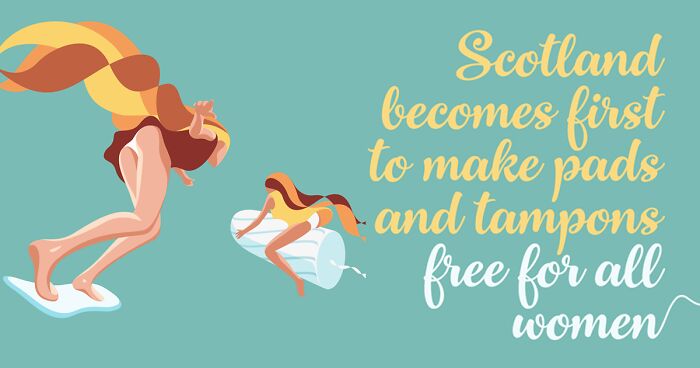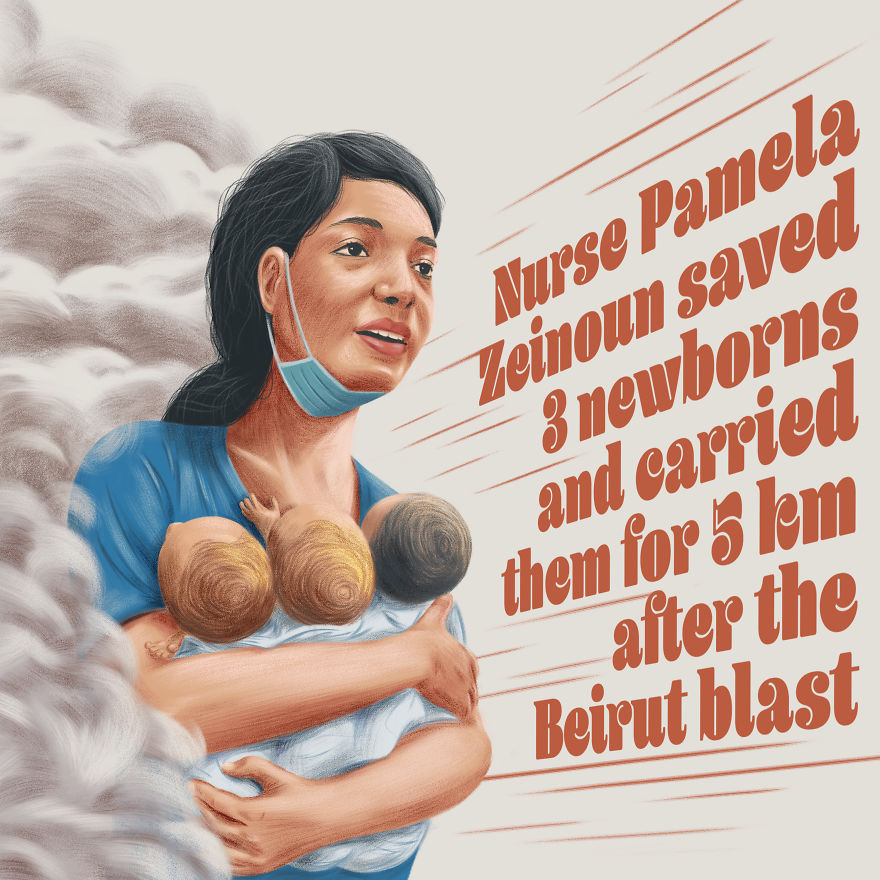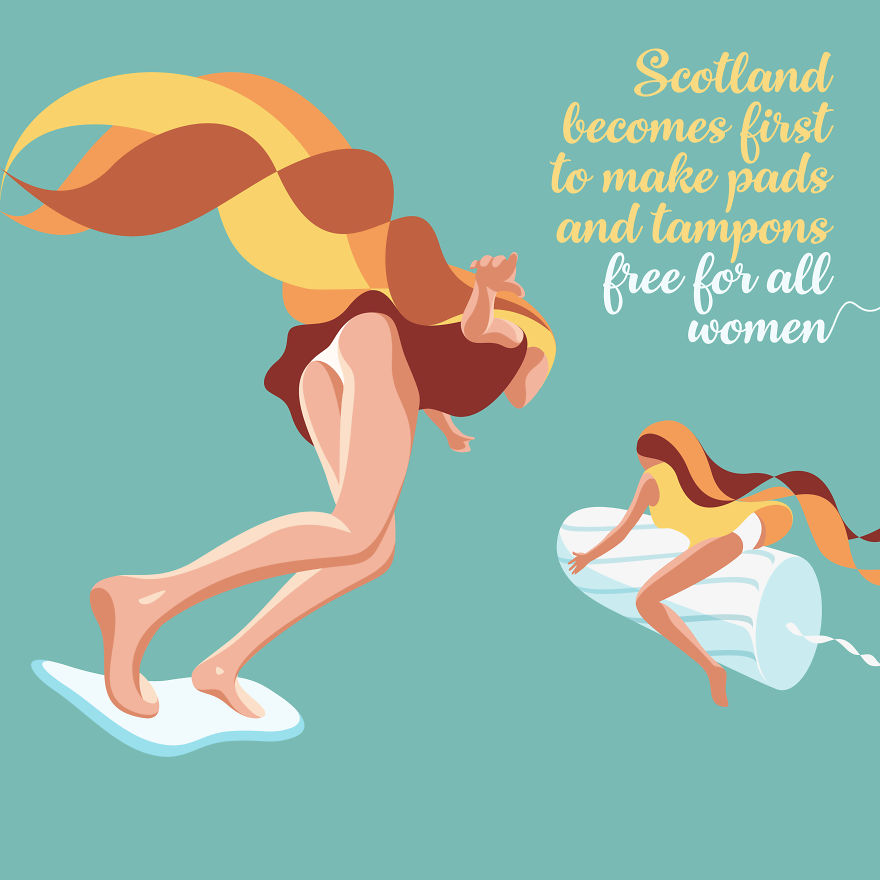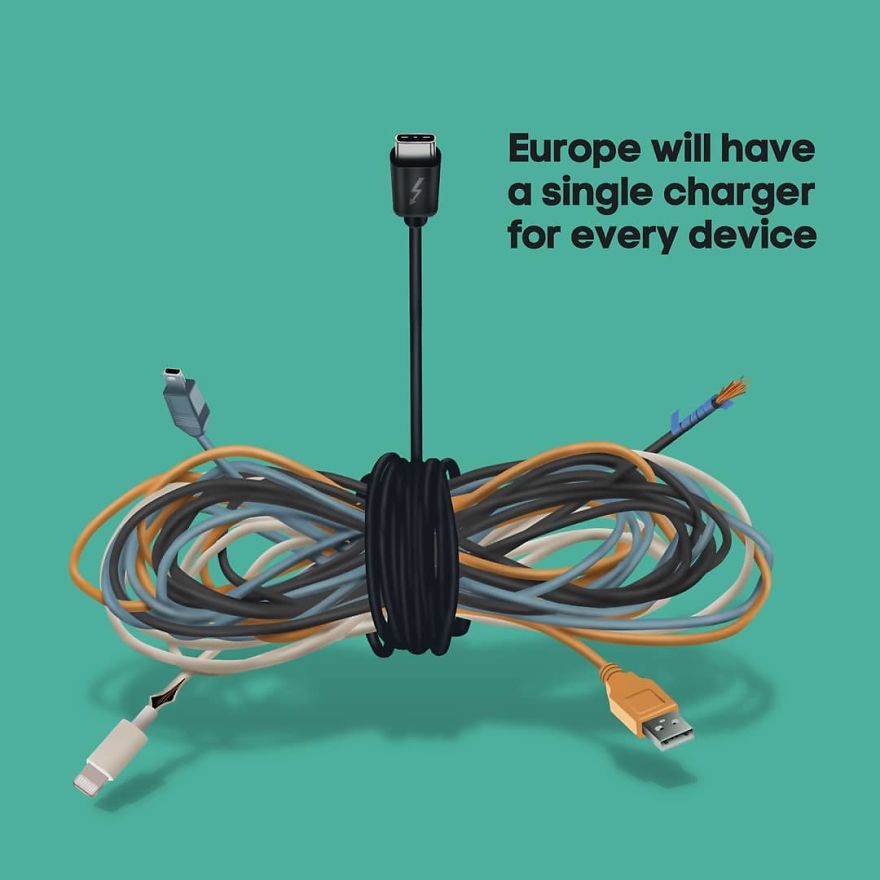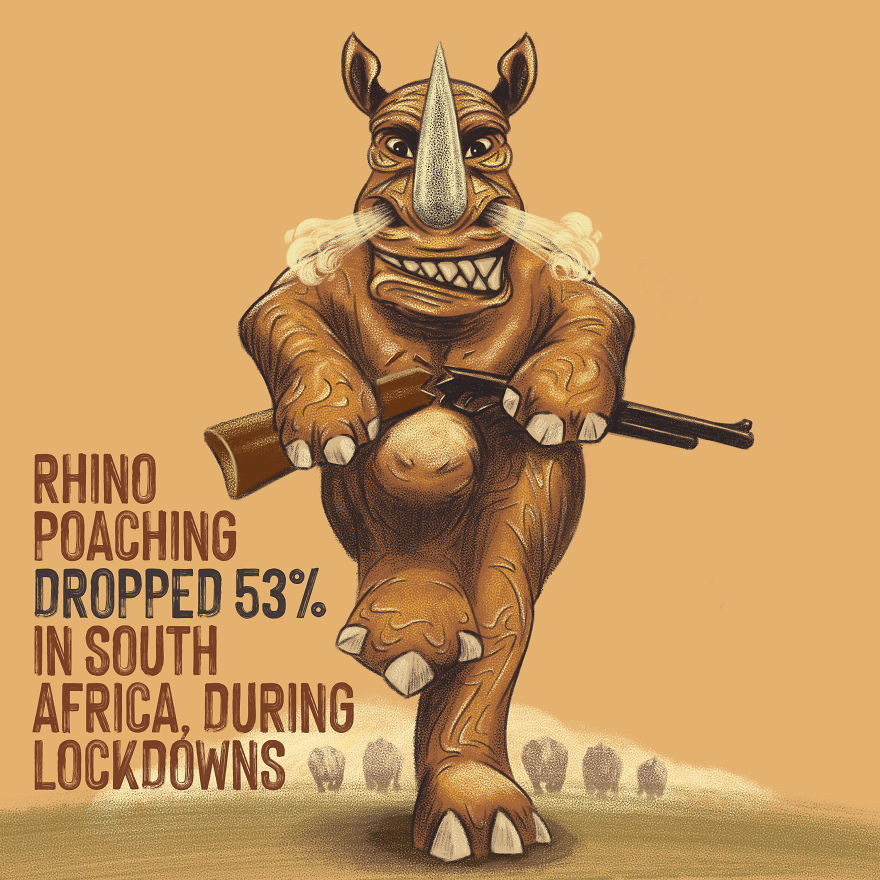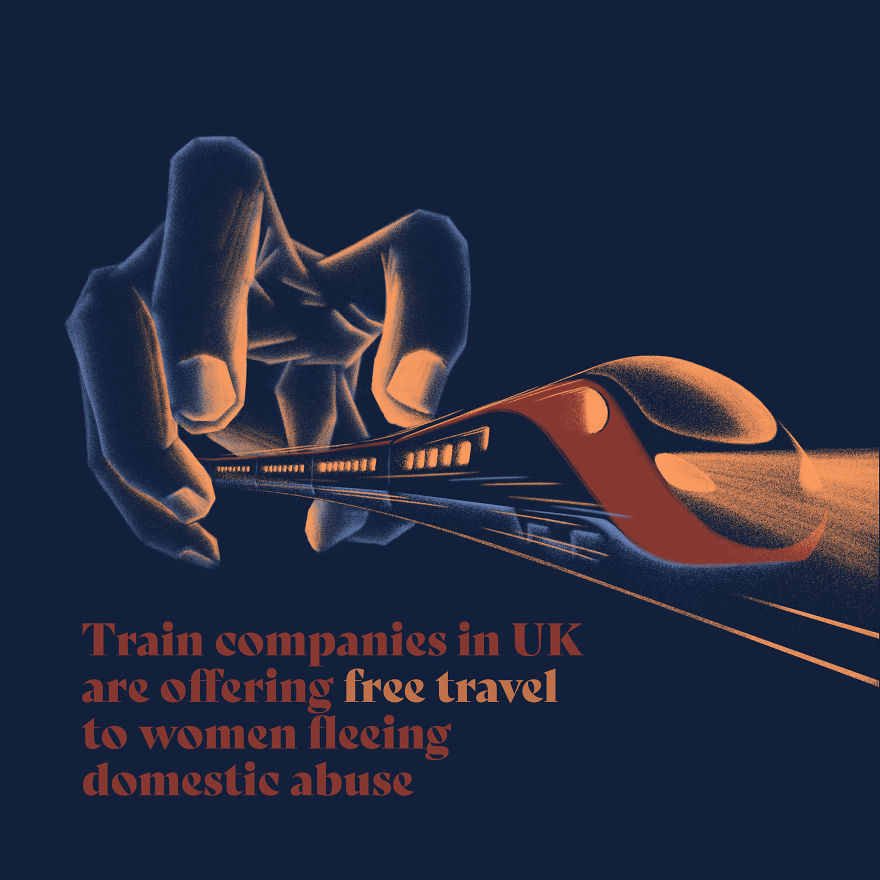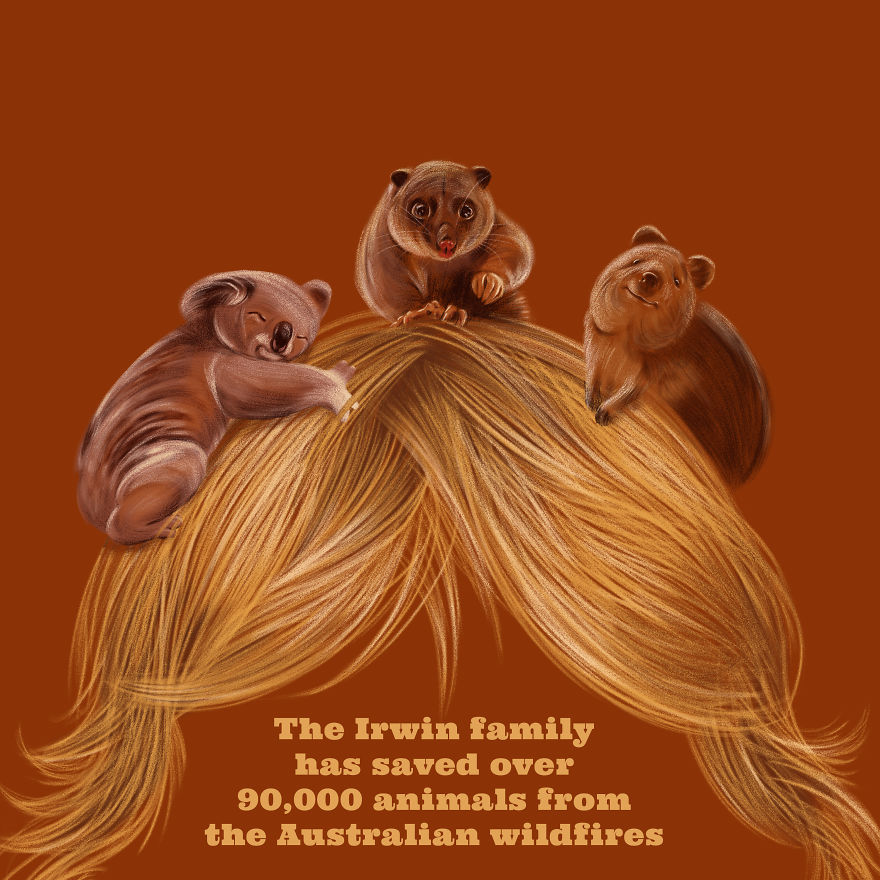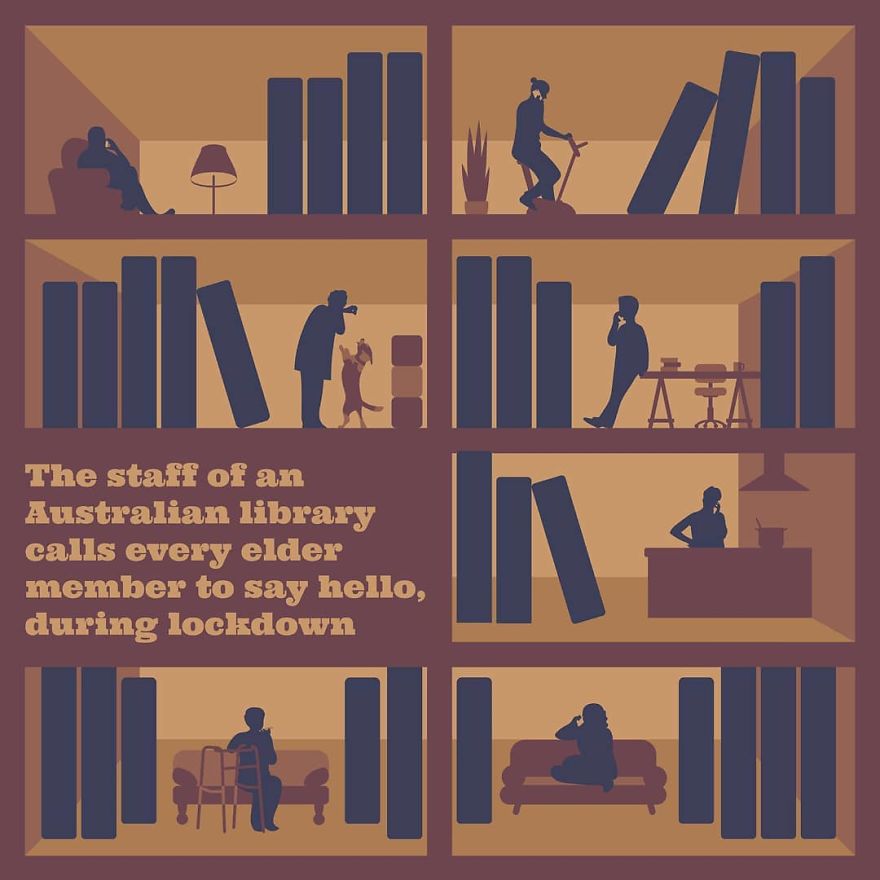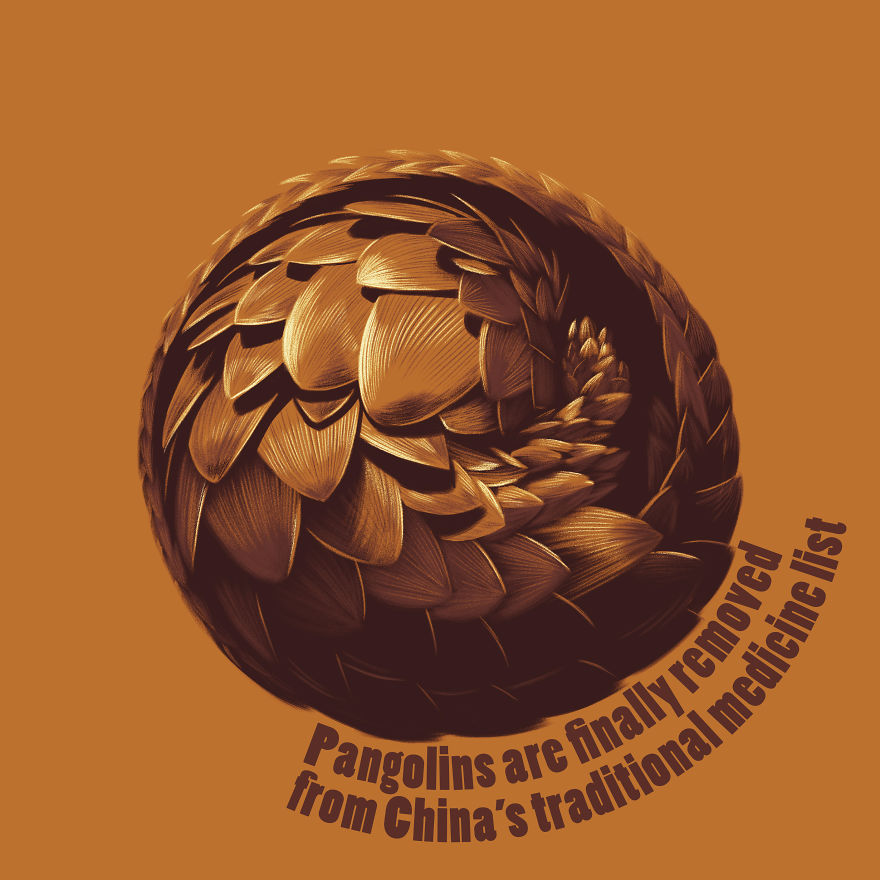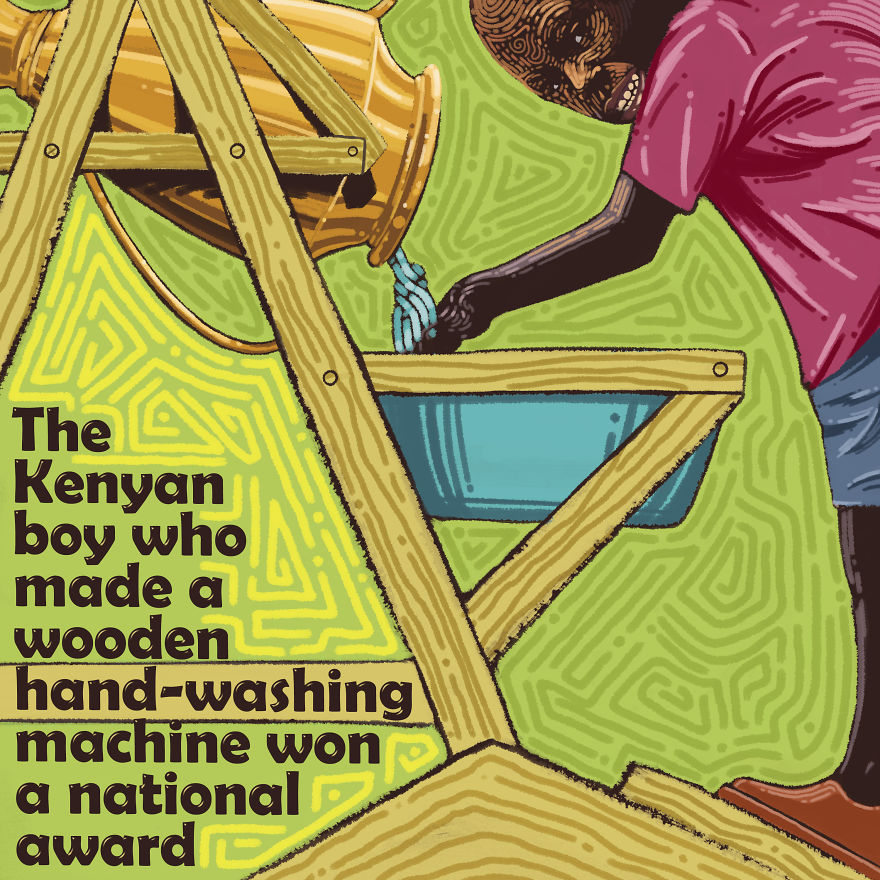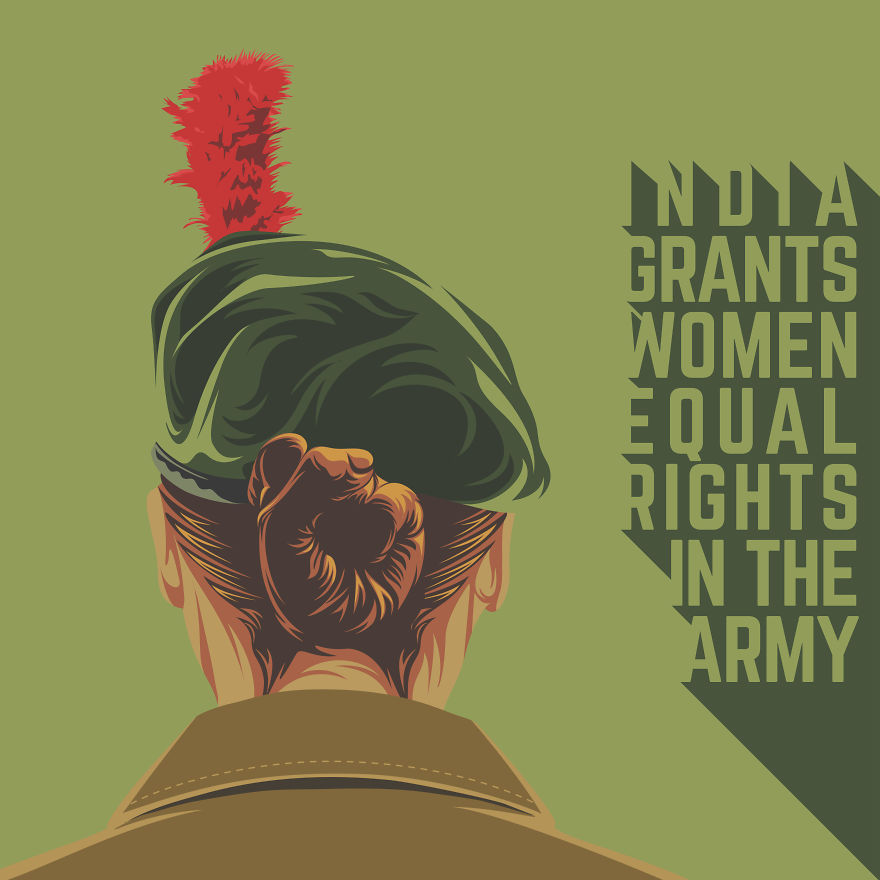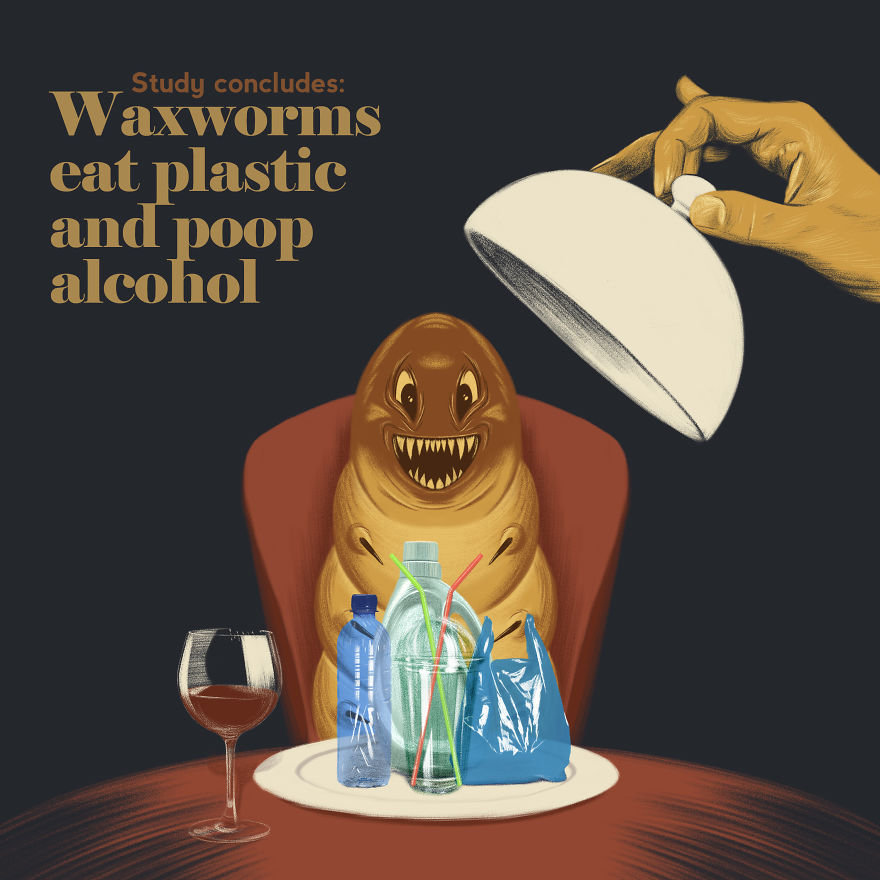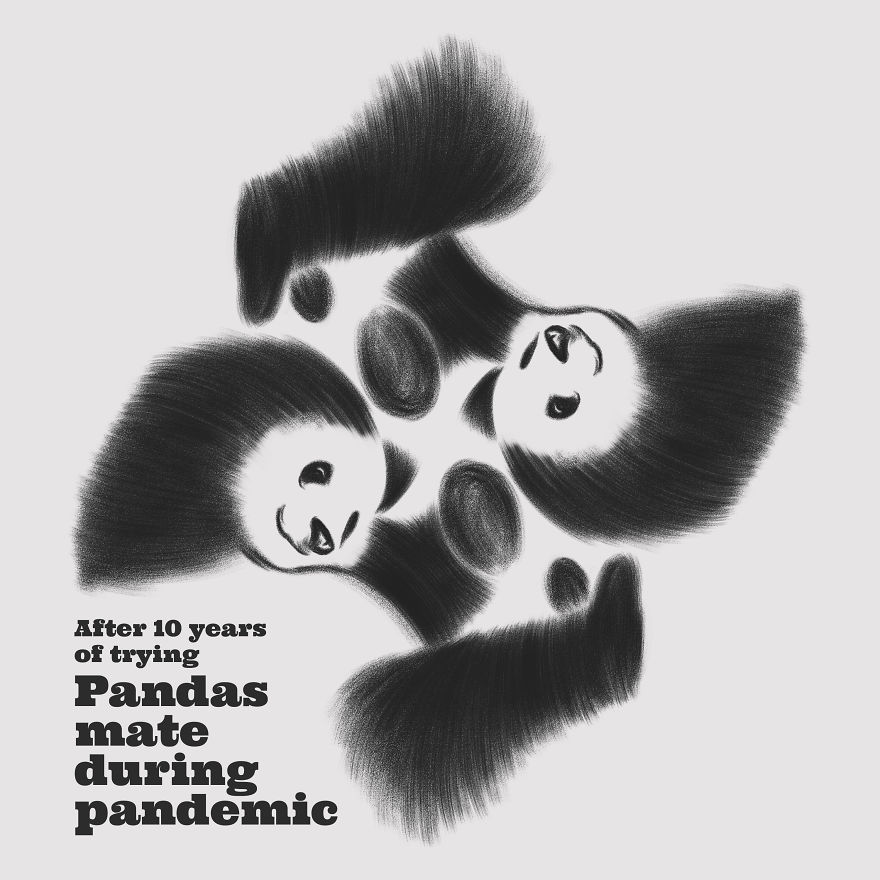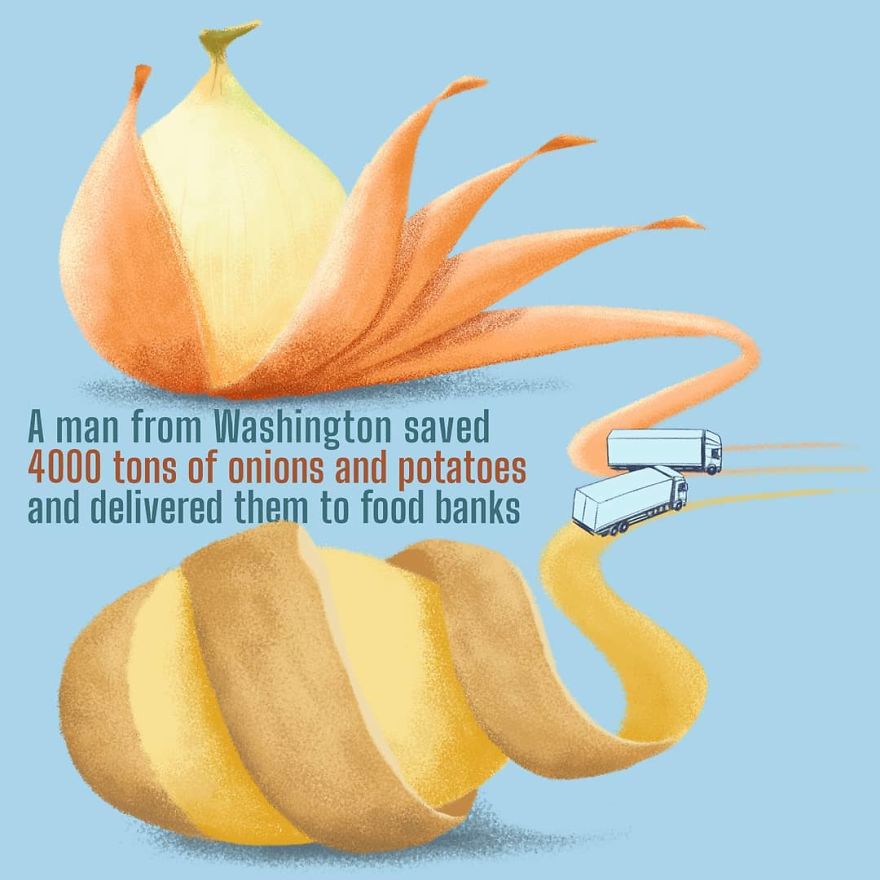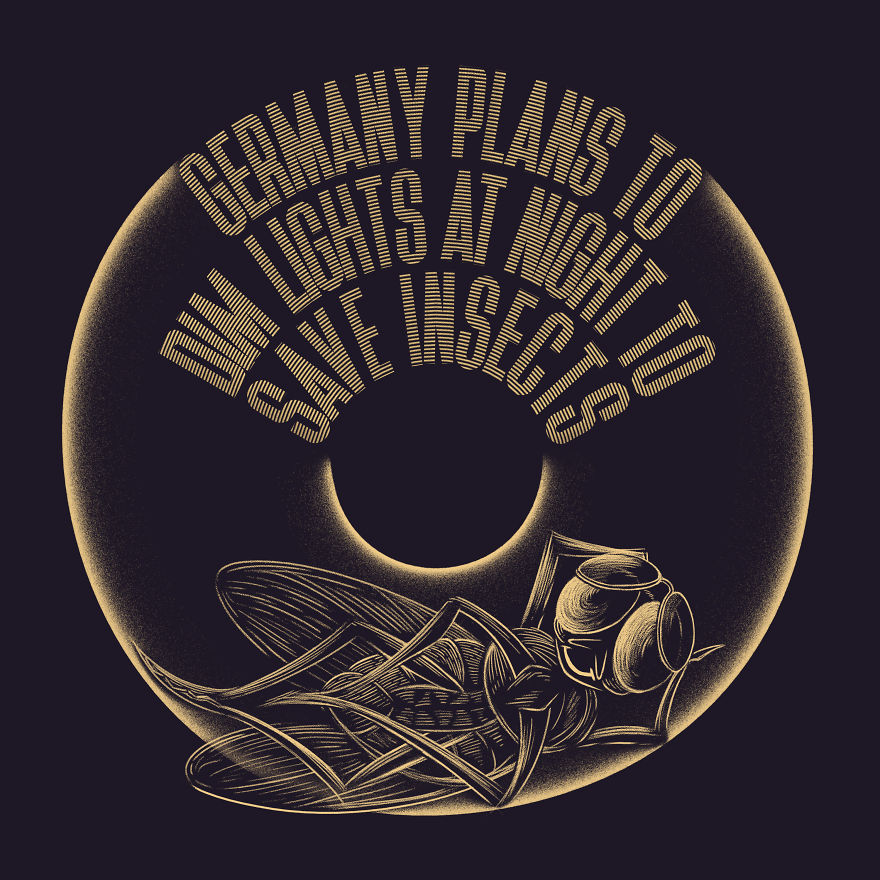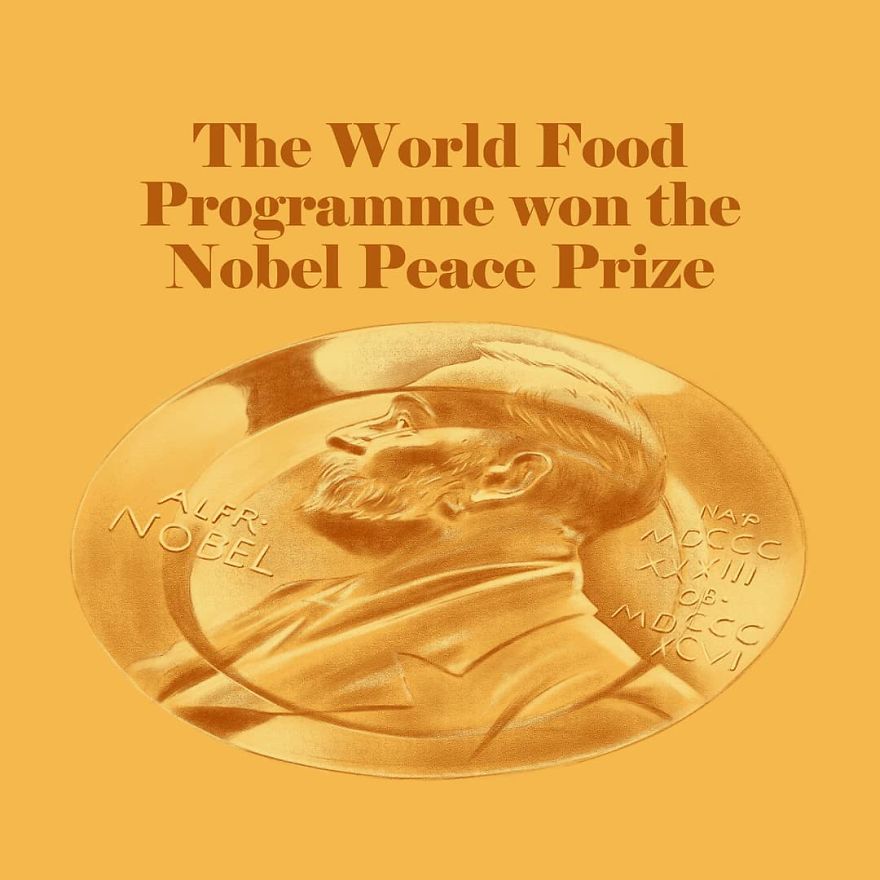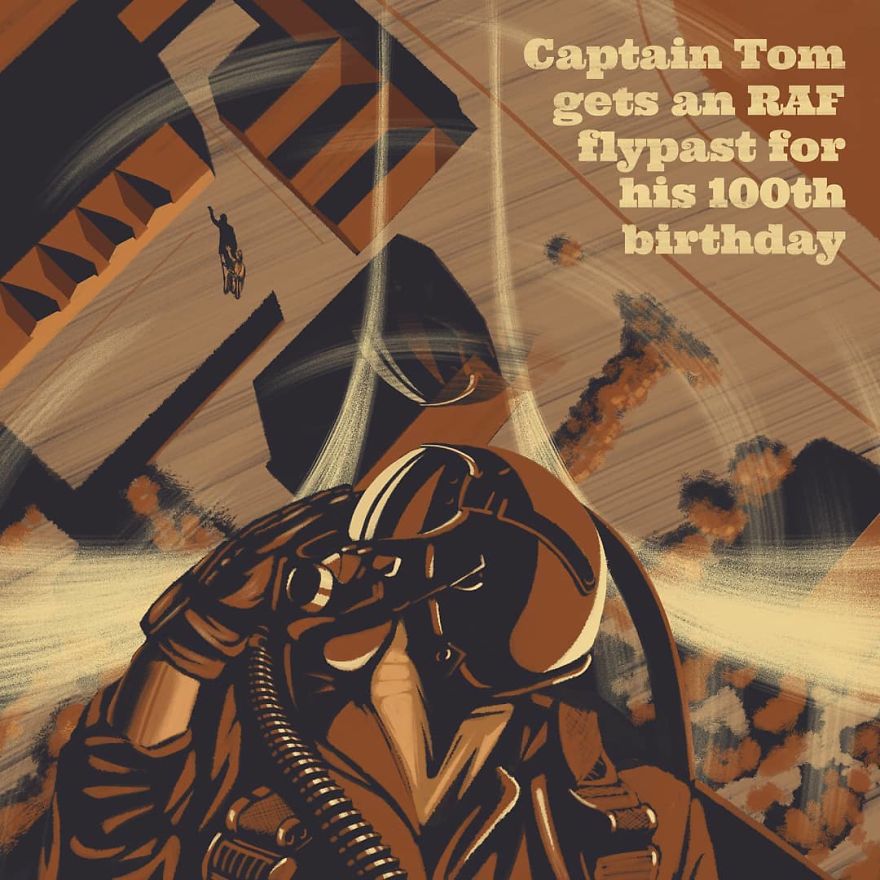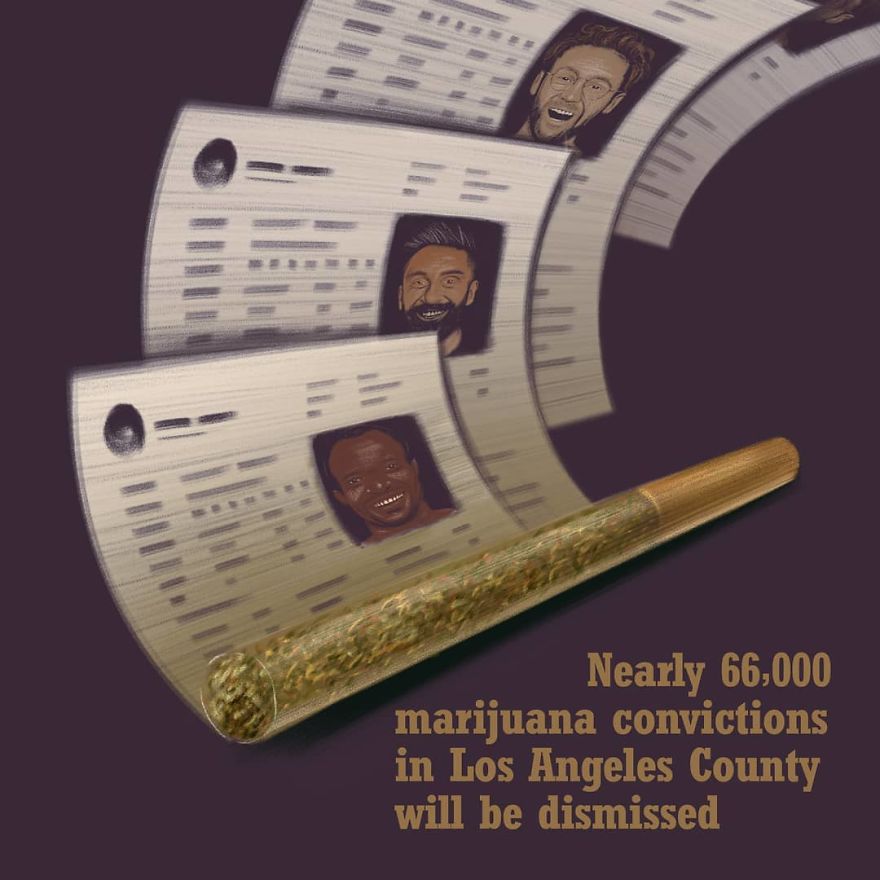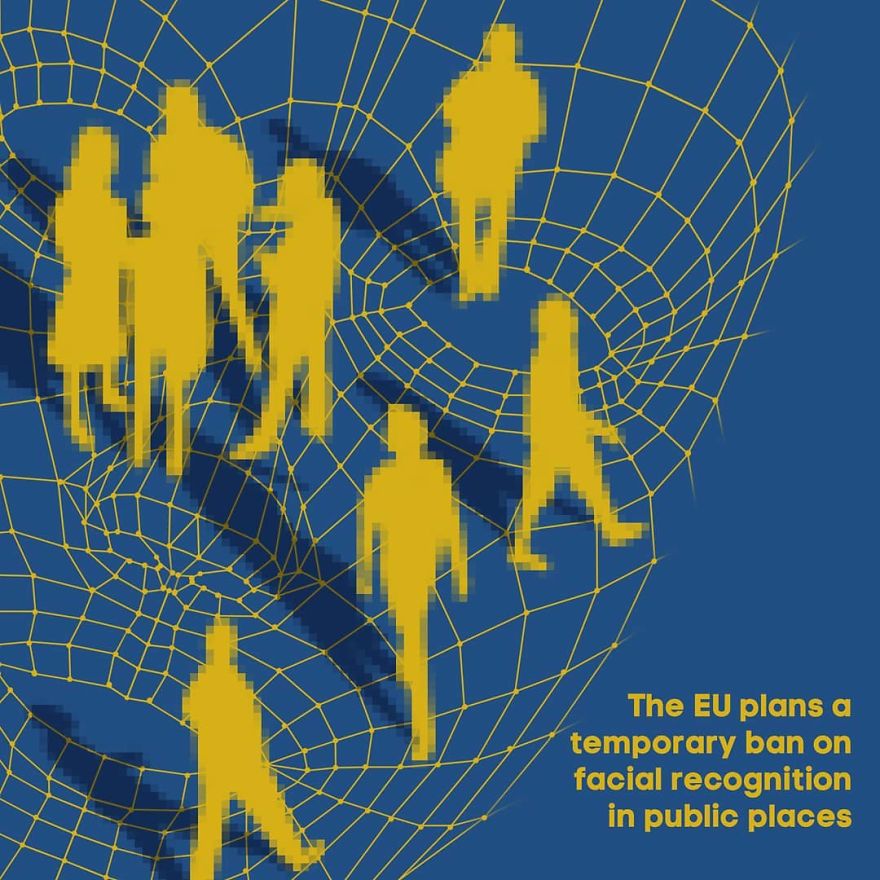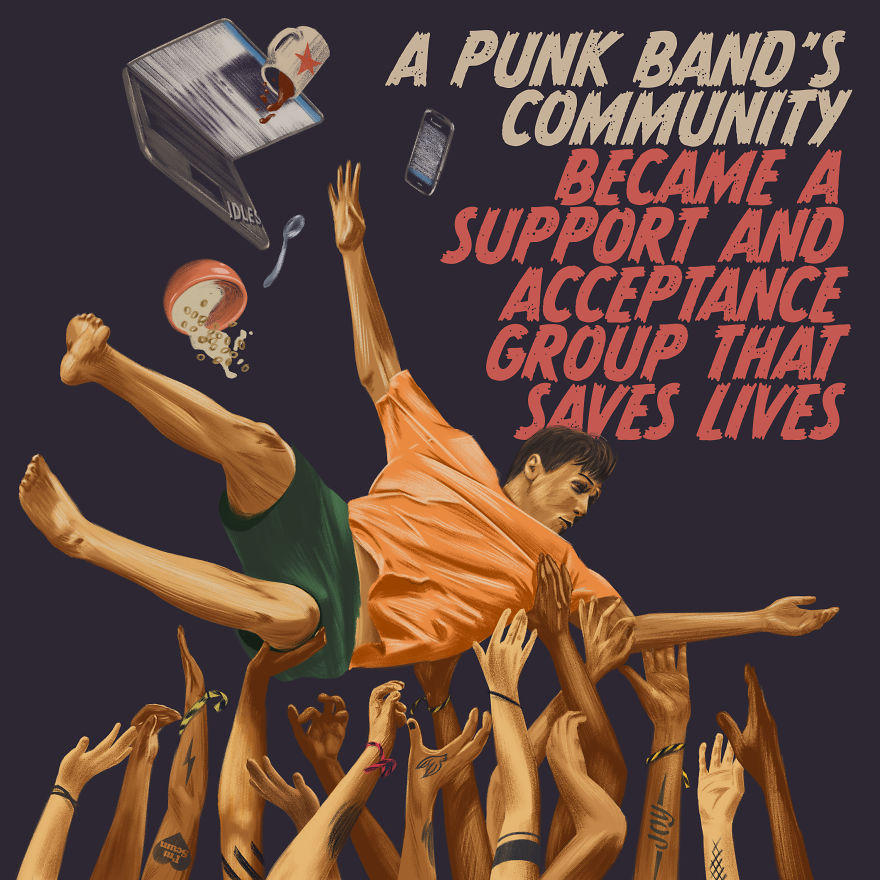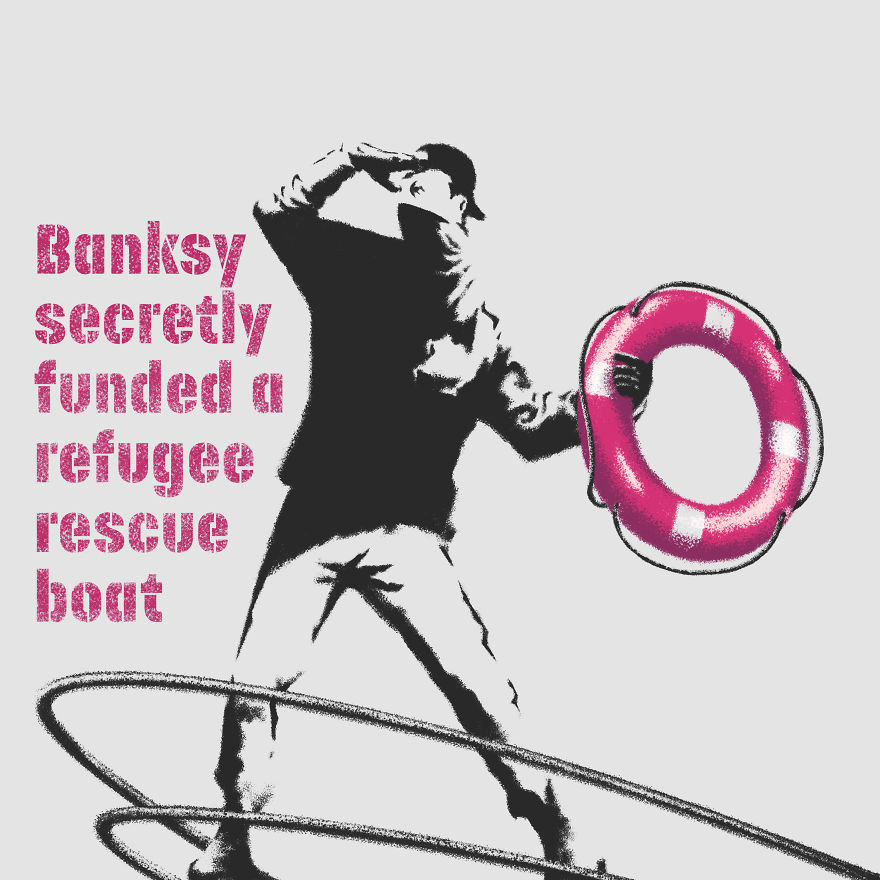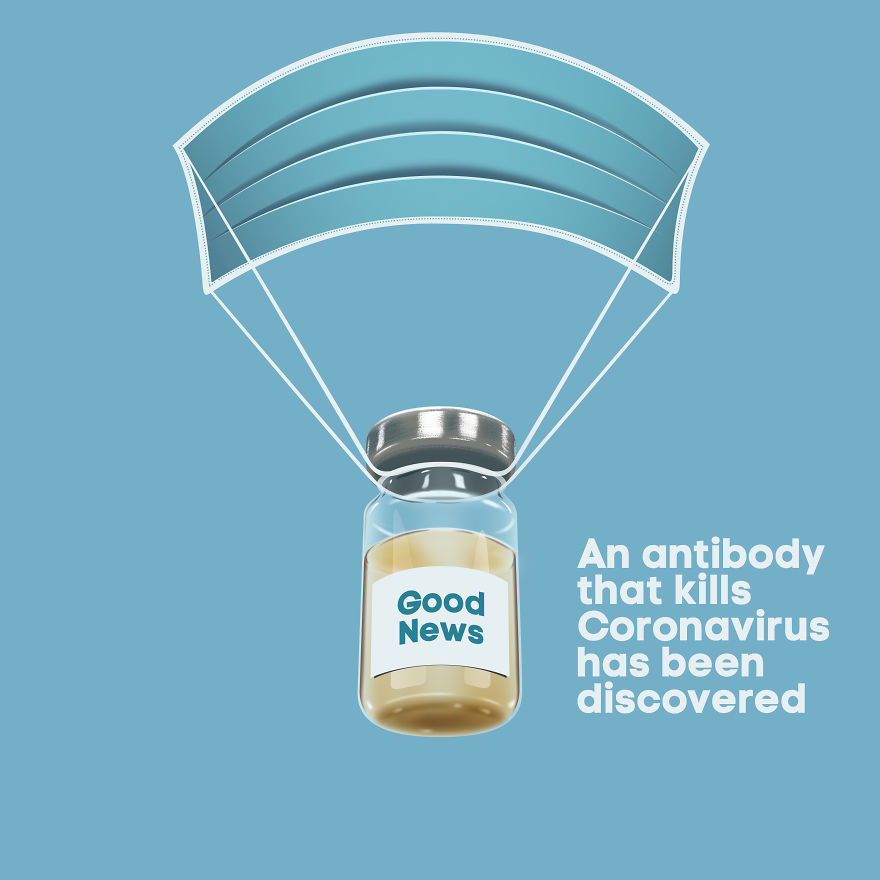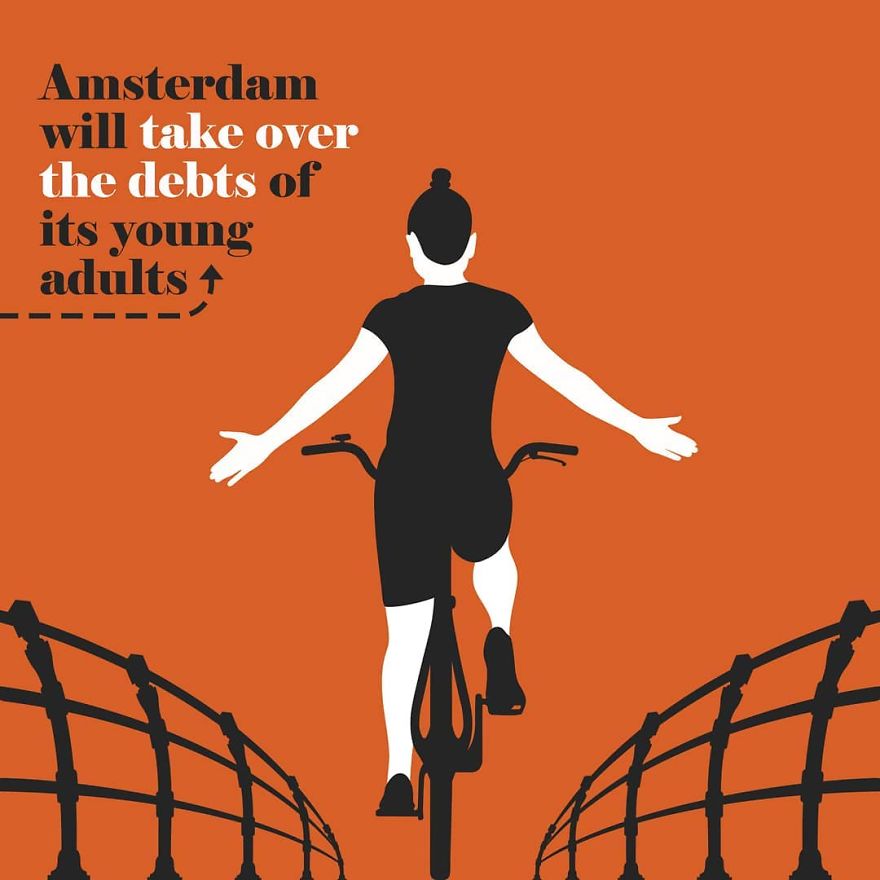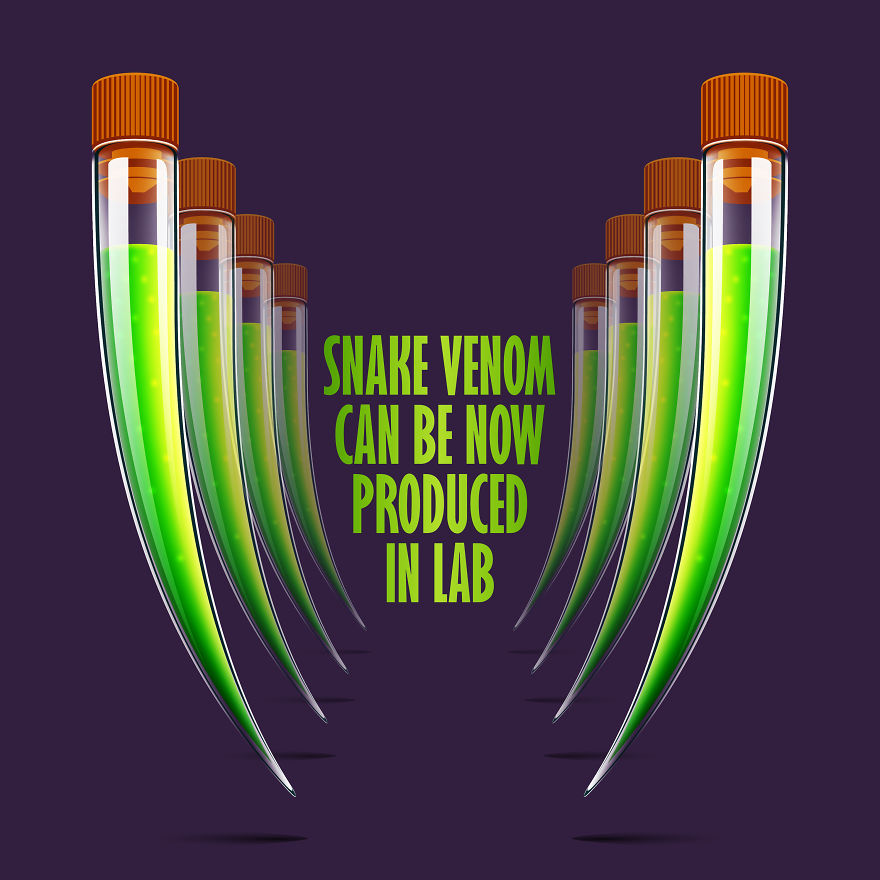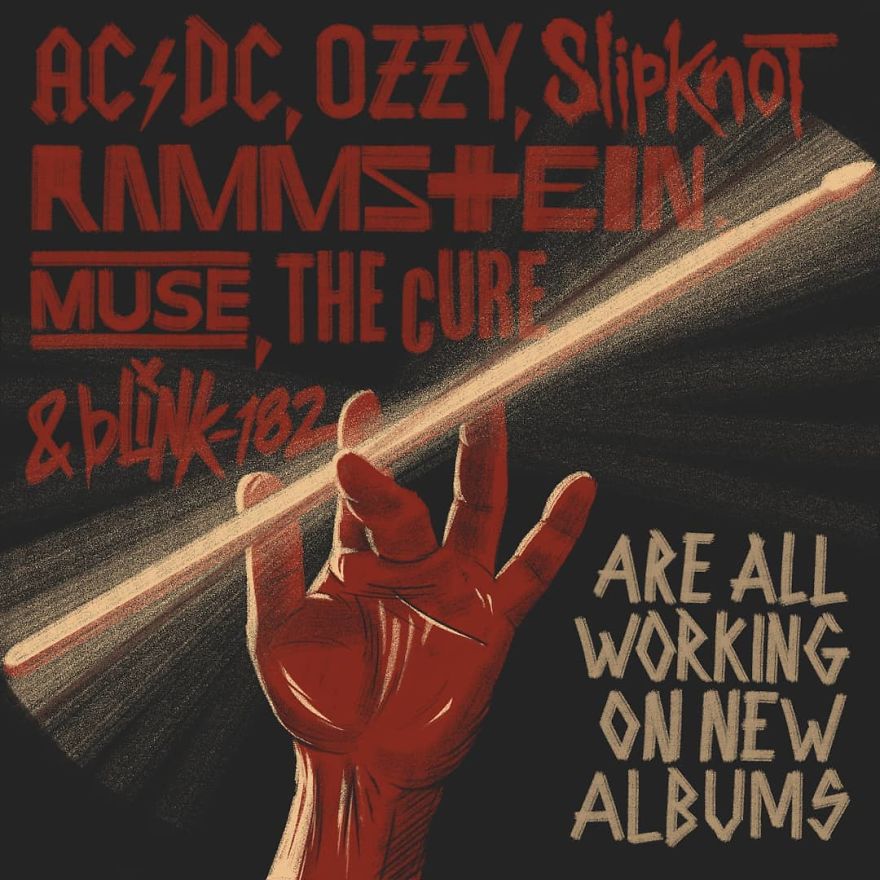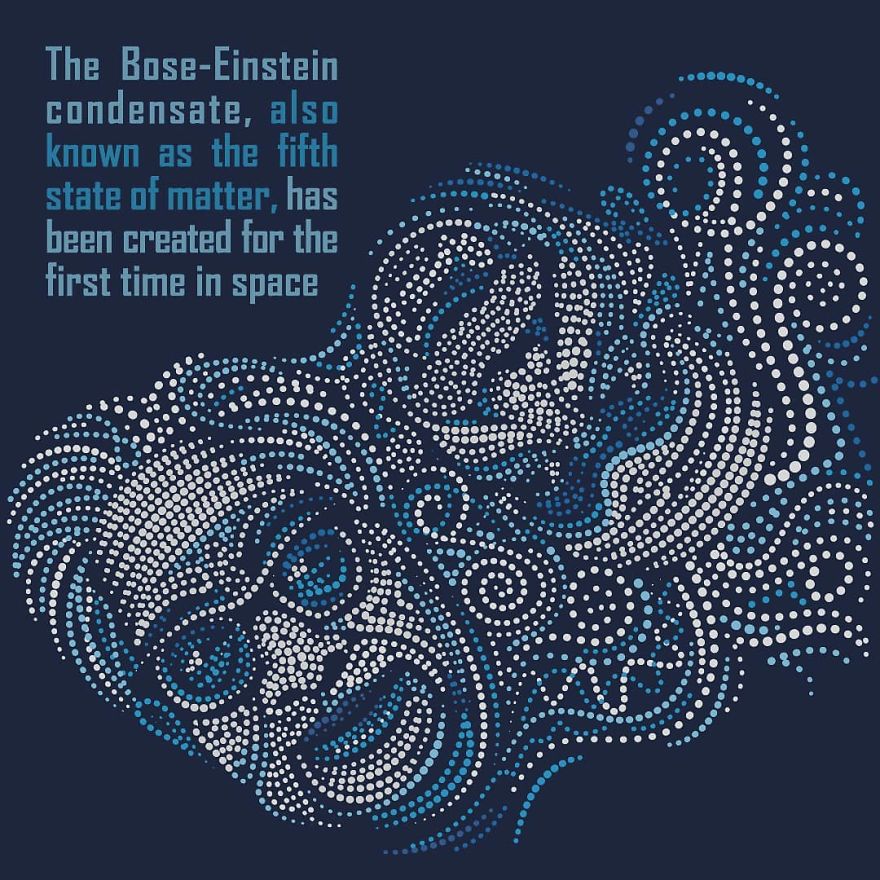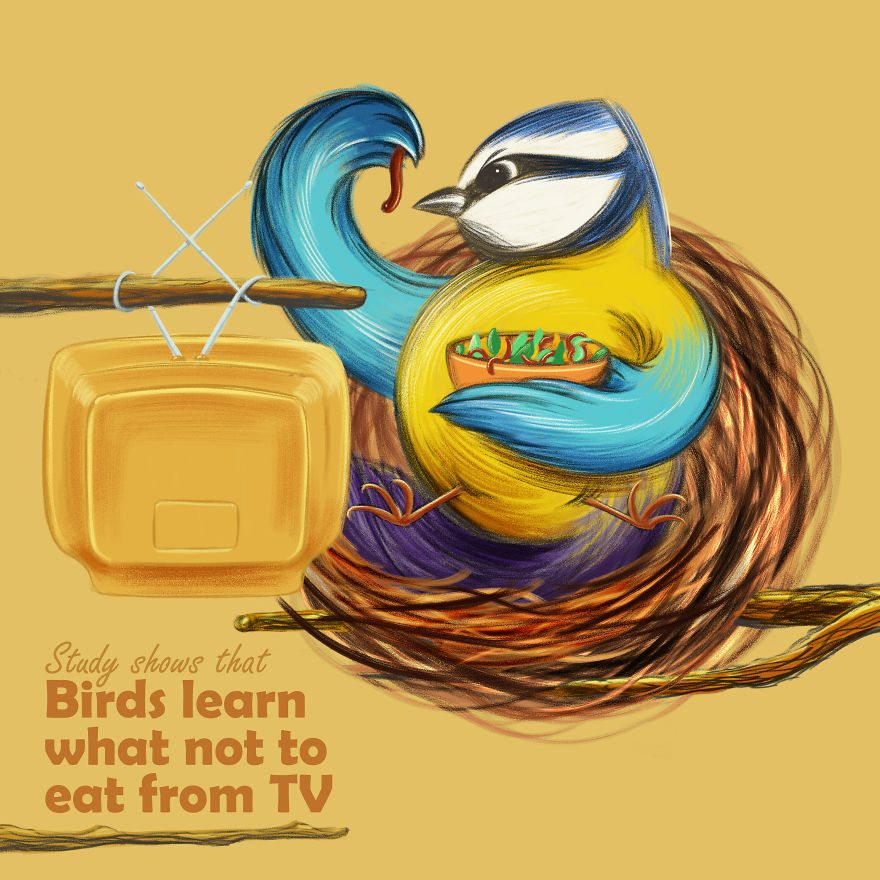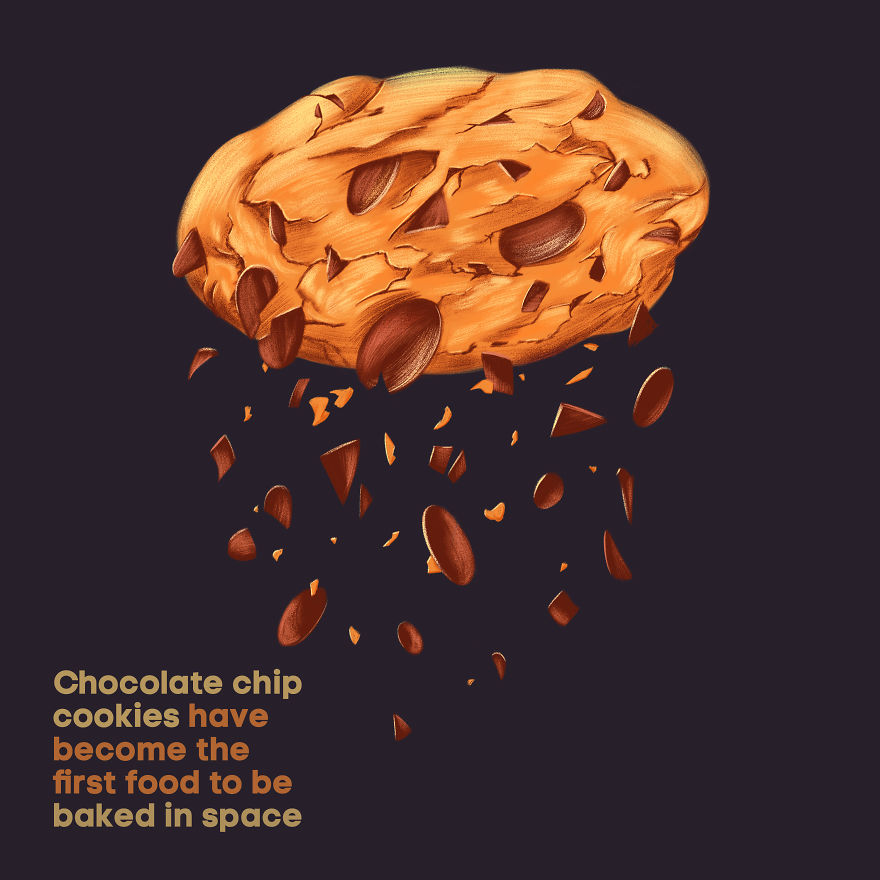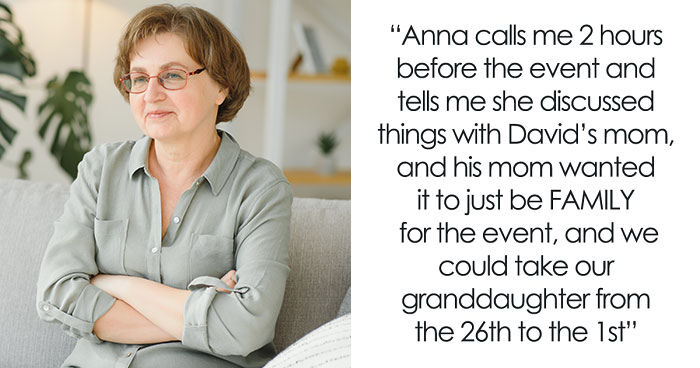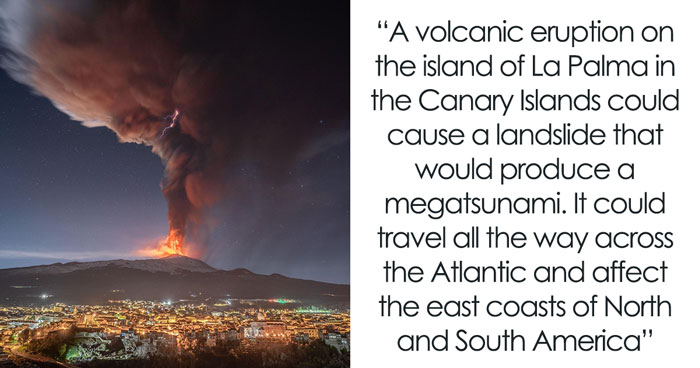In 2019, I started a personal project in the form of an Instagram page. I called it Weekly Graphic News. Basically, illustrated news. A mix of passion for editorial art and interest in journalism led me to this idea, upon finding that some very interesting stories get lost in our feed because they have an ordinary cover picture, like a stock image that doesn’t say much. That’s because some subjects are too abstract to be photographed, so editors pair them with something neutral and insipid.
At the same time, magazines are going great lengths to craft custom illustrations for their editorial pieces. They sense the creative freedom an abstract subject embodies, so they come up with complex artworks that fit the story like a glove.
And given that most of us are consuming news mainly on social media nowadays, I believed I could fill that gap between news reporting and a visual editorial approach.
So I started searching for interesting stories that either lacked compelling pictures or were just worthy of an artwork. I soon found out that the best thing about this challenge was the diversity of subjects, and therefore the wide range of illustration styles I could use.
And when the pandemic hit all the front pages, I focused on positive, uplifting, and empowering stories. Scroll down below for some of the best news of 2020 and follow the whole gallery on Instagram.
More info: Instagram | Instagram
This post may include affiliate links.
"I couldn't think of protecting myself, because the babies were under my protection. I was okay, so I needed to help." Pamela Zeinoun, a nurse at Saint George Hospital in Beirut, was in charge of five babies suffering from various health issues who needed to be kept in incubators when the port explosion hit, decimating the building. She passed out on the floor. “When I woke up, I did not know where I was. I tried to go back through the door, but the door was closed shut.” Zeinoun managed to get inside with the help of a father and another nurse and was able to find the babies. Two were saved by the father and the nurse, and Pamela scooped up the remaining three. “We started running down the stairs. There was no electricity. Blood everywhere, people screaming.” In the frenzy, Zeinoun got separated from the others. Her heart raced because she knew she had to get the babies to another hospital quickly. Their survival depended on incubators. She walked for 40 minutes in the dark with the three babies in her arms. When she reached the next hospital, she found the injured staff in a damaged building with no incubators. So she started to walk again, as no cars could get by because of the debris. Surprisingly, the babies weren't crying and she feared they were no longer alive. "I checked their color—are they blue or are they pink? They weren't crying. They were just sleeping, you know?" In the end, after 5 kilometers walked through chaos and debris, Pamela found a car that took her to a functioning hospital just outside Beirut, where she fit all three babies in an incubator to keep them warm and safe. When the parents got to St. George Hospital, they realized the babies weren't there anymore. Then the staff told them "Do not worry, your children are with Pamela. This is her phone number, you can contact her and see your babies." And so they did.
The Scottish Parliament passed a bill that will make pads and tampons free across the board, making Scotland the first country on the globe to end "period poverty." This is a huge victory for the civic groups that supported the bill, considering that nearly 10 percent of Britain's girls have been unable to afford period products, and 19 percent have resorted to using substitutes. The provision of free products is also aimed at combating the culture of silence and stigma surrounding menstruation, which can pose physical, sexual, and mental health risks for young women.
Last week, the European Parliament overwhelmingly passed a resolution that will force tech companies to use just one charger type for a range of devices, including mobile phones, tablets, and e-book readers.
Rhino poaching in South Africa has decreased by almost 53% in the first six months of 2020, which continued a dramatic downward trend over the last five years. “After a decade of implementing various strategies… efforts are paying off,” said the Minister of Environment, Forestry, and Fisheries, Ms. Barbara Creecy this week. “We have been able to arrest the escalation of rhino losses.” The Minister said the nationwide Covid-19-associated law enforcement measures to restrict movement have powered the ongoing decline in rhino poaching compared to the same period last year, calling it "striking." An astonishing reprieve was celebrated in the Kruger National Park where, during April, no rhinos were killed in the Intensive Protection Zone for the first time in almost ten years.
So we need pandemics to stop killing endangered animals? How sad.
Brazil's football governing body has announced that it's adopting an equal pay policy for both women's and men's football, becoming one of the first countries in the world to do so. "The CBF has equaled the prize money and allowances between men's and women's football, which means the women players will earn the same as the men," said Rogerio Caboclo, president of Brazil’s football association CBF. "There is no more gender difference because CBF is treating men and women equally," he said. This means Marta, the record owner for the most goals scored in World Cups—in both men's and women's competitions—will earn the same as Neymar Jr., the current playmaker of the Cariocas. While the Brazilian men’s team is known for having won the World Cup a record five times, the lesser-known women's team is also one of the best in the game, with a World Cup final appearance in 2007. The team also reached the Olympic finals in 2004 and 2008. Brazil joined a small number of countries, among Norway, New Zealand, and Australia, to pay its men's and women's national teams the same, and just a day after the announcement, England took the same decision.
Women escaping domestic abuse are usually advised to seek refuge services far away from their perpetrator, but raising the cash to pay for a train ticket can be very difficult for many women. This is especially true for women experiencing economic abuse, who may have no access to cash. Rail to Refuge is a scheme launched by Women's Aid in partnership with two UK rail operators and aims to provide a safe passage for women in need. The scheme starts when a woman secures a place in an emergency refuge, and if that refuge can be accessed by railway, the ticket cost will be supported by the train operator. The program works across England, Scotland, and Wales, and more info can be found on womensaid.org.uk
How about offering some long-term "free" cellblocks for men committing the abuse?
One of the few pieces of good news from Australia comes from Bindi Irwin—the daughter of Steve Irwin—who, along with her family, rescued and treated a huge number of animals at the Australia Zoo Wildlife Hospital. They call themselves the Wildlife Warriors, and if you wish to help their work, you can access wildlifewarriors.org.au to make a donation.
When Melbourne’s Yarra Plenty regional libraries first went into lockdown in March, shut their doors, and left the remaining unborrowed books on their shelves, staff were sent home with a phone. “One of the hardest things about lockdown was people being separated from their community,” said Lisa Dempster, Yarra Plenty’s executive manager of public participation. “The library is often a hub for the community, and we identified the most vulnerable cohort of our community would be the elderly.” So the library staff pulled from their database the phone number of every library member over the age of 70—a total of 8,000 records. Then the librarians started calling those members. All of them. “We called them to say hi, see how they were doing, and then see if there was anything they needed help with, such as access to services, counseling support, tech help, that kind of thing. We would then refer them to a service that would help them,” said Dempster. “What we’ve found mostly is that people are really up for the chat and love getting that call from the librarian. Some calls go for five minutes and some go for half an hour or more.” The phone-banking librarians at Yarra Plenty got through to all of their elderly members during the first lockdown. Now, with Melbourne in its second lockdown and its harshest level yet, they’re moving through the whole list again—making a total of 16,000 calls. Librarians tend to be very engaged with their community over the long term, Dempster said, with patrons often getting to know their librarians quite well, which means the extra outreach effort is often very welcome. “We’ve got librarians who speak different languages, such as Greek, Italian, and Chinese. So we’re really trying to reach the people who might not be connected to other modes of support,” she said. “Our librarians have been really enjoying it. They just embraced it.”
I used to work there :D So proud of my former colleagues for their great work!
Better late than never. Pangolins—the world's most trafficked endangered species—can now breathe a sigh of relief as they will no longer be included in Chinese Pharmacopoeia, the official compendium of traditional medical products that are widely used within China. The decision comes after the small mammal was identified as a potential intermediary for Covid-19 between bats and humans. As many as 200,000 pangolins are consumed each year in Asia for their scales and meat. Chinese authorities had already outlawed the poaching of pangolins in 2007. They banned the commercial import of pangolin-related products in 2018, but the moves did little to stem the trade, thanks in part to loopholes in the ban and lenient treatment of those involved. The heightened protections were greeted with praise by several environmental groups, calling them "a significant milestone" in protecting the endangered species.
"I now have two machines and I want to make more." Meet Stephen Wamukota, a nine-year-old boy from Kenya who invented the wooden hand-washing machine that uses foot pedals to avoid touching surfaces and curb the spread of coronavirus. One foot tips a bucket of water, and the other foot tips a liquid soap bottle. Stephen came up with the idea after learning on TV about ways to prevent catching the virus. Not much later, his father found him taking action. "I had bought some pieces of wood to make a window frame, but I when I came back home after work one day, I found that Stephen had made the machine," Mr. Wamukota told the BBC. "The concept was his and I helped tighten the machine. I'm very proud," he said. He posted his son's invention on Facebook and was surprised how quickly it was shared, he said. Stephen was among 68 Kenyans given the Presidential Order of Service, Uzalendo (Patriotic) Award on Monday. Stephen said that he wants to be an engineer when he grows up and the county government has promised to give him a scholarship, Mr. Wamukota said.
The Supreme Court ruled on Monday in favor of equal rights for women in the Indian Army, ordering the government to grant permanent commission and command positions to women officers on par with men. The decision means that all women will now be eligible for the same promotions, ranks, benefits, and pensions as their male counterparts, irrespective of their years of service and whether they had retired.
A lab study conducted at Brandon University in Manitoba, Canada found that a group of 60 waxworms could devour more than 30 square centimeters of a plastic bag in less than a week. It shows that waxworms, which normally live in beehives and eat wax, also feast on polyethylene. They owe this ability to their intestinal microbes and excrete glycol, a form of alcohol, after a meal of plastics. While this doesn't mean that a bunch of caterpillars will end plastic pollution, researchers are more interested in a species of intestinal bacteria in the worms that can survive on plastic for more than a year as its only source of nutrients. Thus, they called the worms "plastivores."
On Monday morning, in lockdown at Hong Kong zoo, with nobody to watch, cheer, or whistle at them, Ying Ying and Le Le—two resident pandas living together for a decade now—decided to go with the flow and have some sexy time. The zoo says the pandas have been making attempts since 2010 with little success, but managed through "years of trial and learning." Zookeepers are extremely happy with the event, after paying close attention to the pandas' hormone levels. They began flirting in March—Le Le left his scent markings and sniffed for Ying Ying's scent, while Ying Ying began playing in the water. It took a pandemic for this to happen, but Hong Kongers could meet a baby panda in the next 10 months.
George Ahearn, who grew up in Othello, a Washington farming town, co-founded a non-profit after learning that Covid-19 cost local farmers so much business that they were willing to destroy their crops. His non-profit has since moved nearly 8 million pounds of produce from farms in eastern Washington to the western part of the state for distribution to hundreds of food banks and meal programs. "I know these people that I grew up with on the one hand, and on the other hand, I know there is a need here," Ahearn, 45, told CNN. "I'm just going to connect the two dots." He started by calling food banks that were interested in taking some of the produce that would otherwise go to waste. But when he called the farmers, they wanted to give him truckloads of potatoes and onions—way more than Ahearn's car could handle. He also had another problem: Food banks needed the potatoes and onions to be cleaned and bagged before donation. "What I didn't realize was the logistical nightmare, because I thought I could just show up with potatoes harvested straight from the ground and give them right to the food bank," said Ahearn, who also runs a nursing business. "I couldn't believe it." So Ahearn asked for help and he connected with his two co-founders, Nancy Balin and Zsofia Pasztor. While Balin helped organize convoys to drive across Washington to pick up the produce, Pasztor assembled volunteers to clean and bag the food. A week after they started, they hauled more than 60 tons of produce across the state and handed it to food banks. After two convoys and some 70 tons of donated food, Ahearn thought they had accomplished their mission. But his co-founders pointed out that the food was going fast, and their job was just getting started. "That's 140,000 pounds," Ahearn said. "Surely, we have flooded the market, and we should be proud of ourselves, and that's it. Three days later and there was not a potato or onion here. I realized that we need to do this again, and we got to do this for months."
Good deal, making up for that idiot Inslee for delivering rotten apples...
Germany is planning to ban floodlights after dusk for much of the year as part of its bid to fight a dramatic decline in insect populations. The country's environment ministry has drawn up a number of new measures to protect insects, ranging from partially outlawing spotlights to increased protection of natural habitats. "Insects play an important role in the ecosystem... but in Germany, their numbers and their diversity has severely declined in recent years," reads the draft law, for which the ministry hopes to get cabinet approval by October. The changes put forward in the law include stricter controls on both lighting and the use of insecticides. Light traps for insects are to be banned outdoors, while searchlights and sky spotlights would be outlawed from dusk to dawn for ten months of the year. The draft also demands that any new streetlights and other outdoor lights be installed in such a way as to minimize the effect on plants, insects, and other animals. The use of weed killers and insecticides would also be banned in national parks and within five to ten meters of major bodies of water, while orchards and dry-stone walls are to be protected as natural habitats for insects.
Every day, up to 5,600 trucks, 20 ships, and 92 planes are on the move, delivering food and assistance in some of the most remote and challenging parts of the world. They're all part of the WFP, the world's largest humanitarian agency, assisting 100 million people in 88 countries. So in 2020, the agency was given the Nobel Peace Prize for its efforts to combat hunger and improve conditions for peace. The WFP, the 101st winner of a prize now worth 10m Swedish krona, said it was "deeply humbled" to have won. "I was literally for the first time in my life without words," said David Beasley, the WFP head. "To receive this award is a recognition to the men and women at the World Food Programme who put their lives on the line every day for the struggling, suffering people around the world. So I hope this is a signal and a message that the World Food Programme is a role model and that we all have got to do more." If you want to make a small contribution to the program, you can follow the link in its bio. The minimum amount is $1.50, which could make up for almost 5 food rations, given the strong ties between WFP and food suppliers.
The most annoying things on the internet have their days numbered. Engineers from Google confirmed that Chrome will stop showing three of the most frustrating ad types, starting in August. Long preroll ads or clusters of ads, as well as midroll ads and images or text ads that appear in the middle of a video, will be gone. The decision comes after a survey conducted by Google on 45,000 people, in which the types of ads mentioned above were seen as the most annoying and intrusive. It is believed that Firefox, Safari, and other browser engines will soon follow in its steps.
After he raised £30 million for the NHS and set the Guinness record with his charity walk, Captain Tom Moore (as of today Colonel) waved his hand to an RAF aerial salute to mark his 100th birthday. Even though jet fighters were supposed to take off for the flypast, Cpt. Tom saw his wish come true in the form of a Spitfire and Hurricane in the skies of Bedfordshire—the planes he remembers so well from his days in WW2. He also received more than 125,000 birthday cards from people all over the world and he promises to be back with new ways of helping people because "Tomorrow Will Be A Good Day!" We salute you, Sir!
Thanks to a new set of state laws, the LA county district attorney decided to drop charges on 62,000 felony convictions for cases involving marijuana sales and cultivation dating back to 1961 and about 4,000 misdemeanor possession cases. The decision means conviction relief for over 53,000 people. About 45% are Latino, 32% are black, and 20% are white. "The dismissal of tens of thousands of old cannabis-related convictions in Los Angeles County will bring much-needed relief to communities of color that disproportionately suffered the unjust consequences of our nation's drug laws," district attorney Jackie Lacey said.
Since the other top comments are all negatives, here's a baby pig download-8...c42b0.jpeg 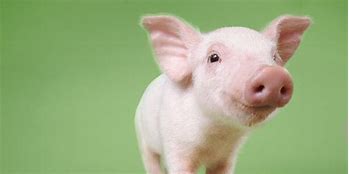
The European Union wants to ban facial recognition in public spaces such as train stations, sport stadiums, and shopping centers for at least three years over fears about creeping surveillance of European citizens.
A small Facebook group made to connect fans of Bristol punk band IDLES has grown into a huge support network for thousands of people. Over the past three years, "AF Gang" has grown to more than 30,000 members and become a judgment-free community where members can talk openly about their problems. If somebody posts about their struggles with their mental health or a difficult family situation, they can find dozens of members commenting to support them and offer advice. Jonathan Murray, from Liverpool, said the group practically saved his life. "I've struggled with my mental health for years," he said. "I've tried counseling and I'm on medication, but I still feel like I'm on my own and I've got no one to talk to. Rather than speaking down to me, it's like we were one big group. They tell you to just go with the flow and let it happen. The band's music and lyrics made me feel like I wasn't alone. Through the group, I met people going through the exact same." Idles formed in 2009. Their second album, Joy as an Act of Resistance, was released in 2018 as a rallying call for unity, covering topics including toxic masculinity and racism. Bass player Adam Devonshire called the AF Gang group "a wonderful thing." "It's started to open up a discussion and allow people to open up and show that it's OK to talk about your problems," he said. "A very large number of young males are told and conditioned not to open up and not to discuss things and there's a high suicide rate because of it. I hope it can be replicated in other places. It seems to have been a very positive change for a lot of people in the group."
“Hello Pia, I’ve read your story in the papers. You sound like a badass. I am an artist from the UK and I’ve made some work about the migrant crisis, obviously, I can’t keep the money. Could you use it to buy a new boat or something? Please let me know. Well done. Banksy.” This was the email that Pia Klemp—the captain of several NGO boats that rescued thousands of people over recent years—got in September 2019. While initially, she thought it was a joke, it turned out Klemp was chosen by the British artist due to her political stance on the migrant crisis. “I don’t see sea rescue as a humanitarian action but as part of an anti-fascist fight." Soon, Pia assembled a crew of European activists with long experience in search and rescue operations and acquired a vessel which she named Louise Michel, after a French feminist anarchist. Painted in bright pink and featuring Banksy's artwork, the Louise Michel set sail in secrecy on 18 August under a German flag. The 31-meter motor yacht, formerly owned by French customs authorities, is smaller but considerably faster than other NGO rescue vessels. Louise Michel currently sails in the central Mediterranean where, on Thursday, it rescued 89 people in distress, including 14 women and four children. It is now looking for a safe seaport to disembark the passengers or to transfer them to a European coastguard vessel. With a top speed of 27 knots, the Louise Michel would be able to “hopefully outrun the so-called Libyan coastguard before they get to boats with refugees and migrants and pull them back to the detention camps in Libya”, said Klemp. The planning of the mission was carried out in secrecy between London, Berlin, and Burriana, where the Louise Michel had docked to be equipped for sea rescues. Fearing that media attention could compromise their goals, Banksy’s team and the rescue activists agreed to release the news about the boat only after carrying out the first rescue.
I am still sad that my own country until today cannot accept refugee.. As country that boasted as have the largest moslem, I see no good reason of not helping them as the religion strongly advice to help the needy. Even some prominent companion of the prophet ever become refugee to Ethiophia.. So how come we never let our hand and hearth open of this crisis??
It would be absurd to ignore this global event, and good news about it doesn't drop every day, but we've managed to find a few glimpses. Here we go: Dutch scientists from Erasmus MC and Utrecht University found an antibody able to block infection of SARS1 and SARS2. An antibody is the organism's response to an antigen, which is found in vaccines. While an antigen is far from being manufactured and approved, the antibody can be used in medicine to prevent further COVID-19 infections. This will eventually happen after it passes human trials, which will take several months. On the same subject: The first clinical trial for a coronavirus vaccine started today in Seattle, US, as the first subject received an experimental dose. A team of Canadian scientists has successfully isolated and grown copies of the coronavirus—a major step in developing a viable vaccine, and a breakthrough in the study community. CureVac, the company Trump tried to buy a few days ago, is focusing on an mRNA-based vaccine, which can work out faster if successful. Although these are real stories from verified sources, it's better to take everything with a grain of salt. Studies don't end overnight and human trials always take a year, so patience is the word here. Meanwhile, don't lose hope, stay home, wash your hands, and keep scrolling because there is good news to illustrate. That won't change.
Antibodies can't kill the coronavirus. 1) Viruses aren't classed as a life form, think more of a complex molecular machine. They can be disintegrated, rendered inactive etc - but any "science" that refers to life never got past basic A-level/post-16 education. 2) Antibodies don't kill anything. They attach to the complimentary shape on the surface of any pathogen (called an antigen), be it bacteria or virus and do two roles: clumping/aggregation where each antibody can bind to 2 pathogens, therefore sticking them together and making them less likely to cause harm, and signalling to other cells in the immune system to kill the bacteria or destroy the virus. These could be cytotoxic cells that release a chemical that splits open their membrane, or phagocytes that engulf them and digest them with enzymes. Be careful of the level of scientific education of the writers for the "science" you read.
In an effort to give its young residents a new start and help them get into work or education, the city's municipal credit bank will cancel some of their debt. The creditors will be given €750 as an incentive to pass the debt on to the municipality bank, and more debt could be canceled if the young Amsterdammers engage in training or educational programs.
Dutch scientists have recently created venom-producing glands from the Cape Coral snake and eight other snake species in the lab, using stem cells, opening the way for mass antivenom production. At the same time, scientists in India have sequenced the genome of the Indian cobra, one of the deadliest snakes in the country. These are major breakthroughs in an industry where venom extraction is very slow and very dangerous, but nevertheless crucial in medicine. Snakebites kill around 200 people a day, so a lab-made serum that doesn't depend on catching live snakes is, for many, a dream come true.
2020 may have put concerts & festivals on hold, but it sure didn't pull the plug on new music. Some of the biggest rock bands took this gap year as a reason to go back into the studios and make new music. And some of them even released new records, such as the likes of Nine Inch Nails, Metallica, The Strokes, IDLES, and Eels. So it's safe to say 2021 is gonna bang some heads.
James Dean Bradfield released his new album this year. And that's a good news too. Also, while we're on the art and entertainment topic, Final Fantasy 7 Remake was a success and Final Fantasy 16 is announced. Dai no Daibouken got a revamped animated series and, well, there's many new good stuff coming out.
The last week has been full of groundbreaking discoveries in physics and astronomy, but one of them combined both fields. Scientists on the International Space Station have observed the fifth state of matter in space for the first time, offering unprecedented insight that could help solve some of the quantum universe's most intractable enigmas. Bose-Einstein condensates (BECs)—the existence of which was predicted by Albert Einstein and Indian mathematician Satyendra Nath Bose almost a century ago—are formed when atoms of certain elements are cooled to near absolute zero (0 Kelvin, minus 273.15 Celsius). At this point, the atoms become a single entity with quantum properties, wherein each particle also functions as a wave of matter. BECs straddle the line between the macroscopic world governed by forces such as gravity and the microscopic plane, ruled by quantum mechanics. Scientists believe BECs contain vital clues to mysterious phenomena such as dark energy—the unknown energy thought to be behind the Universe's accelerating expansion. (The artwork above depicts the microgravitational understanding between Bose and Einstein.)
According to a recent study published in the Journal of Animal Ecology, birds are capable of learning good eating habits from watching others, even without being present to experience the smells and sounds. The study was conducted by Dr. Liisa Hamalainen, from the University of Cambridge, on 2 types of birds, blue tits and great tits. She made 2 types of food items out of almond flakes, some of them soaked in a bitter solution, and placed a cross or a square on an outer wrapping. The birds' reactions were then filmed and shown to members of both their own and other species. Upon eating the bitter flakes, the birds reacted with a comical disgust, making a great show of their distaste, whose meaning their viewers recognized. Both blue tits and great tits got the message and steered well clear of the bitter flakes, confirming that the educational video worked.
Astronauts from ISS baked the first cookies in a special zero-gravity oven in a first-of-its-kind experiment to study cooking options for long-haul trips. The first cookie was undercooked, while the second took 75 minutes to bake and another 25 to cool, releasing a fresh scent in the ISS. As a result, five cookies were sent to earth for "testing."
Brazilian ultrarunner Fernanda Maciel completed a stunning mountaineering double in the Alps in a single day, setting a new female Fastest Known Time (FKT) on the Gran Paradiso, and climbing the Matterhorn. After suffering frozen eyes in an accident on the Matterhorn three years ago and losing her flatmate in an accident there last year, Fernanda overcame her fears to complete the feat just one day before a landslide trapped 25 climbers on the mountain. "I was super scared, but these mountains represent a physical, emotional, and spiritual challenge for me." Climbing without a rope in solo style, Maciel reached the 4,061 m summit of Gran Paradiso in just two hours and 40 minutes, completing the round route in just four hours and three minutes to better her own previous FKT. She then transferred to Cervinia, in Italy, and climbed the 4,478 m Matterhorn summit on a difficulty IV-rated route. The former lawyer, Ultra Trail Vice World Champion, and jiu-jitsu champion has set her sights on the fastest known times on some of the world's biggest mountains. She was the first woman to run up and down Aconcagua, the highest mountain in the Americas, and also holds the female FKT on Kilimanjaro.
In the context of media sharing non-visual stories, an interesting parallel can be drawn to Dane Swan's misunderstanding of certain product uses. This incident highlights the importance of accurate product information and education.
By exploring how ignorance about product use can lead to public missteps, we can better appreciate the need for informed content, whether in journalism or product marketing.
Yes !!, this was something really uplifting and wonderfully put together.This is why I am on boredpanda !!
Yes !!, this was something really uplifting and wonderfully put together.This is why I am on boredpanda !!

 Dark Mode
Dark Mode 

 No fees, cancel anytime
No fees, cancel anytime 






